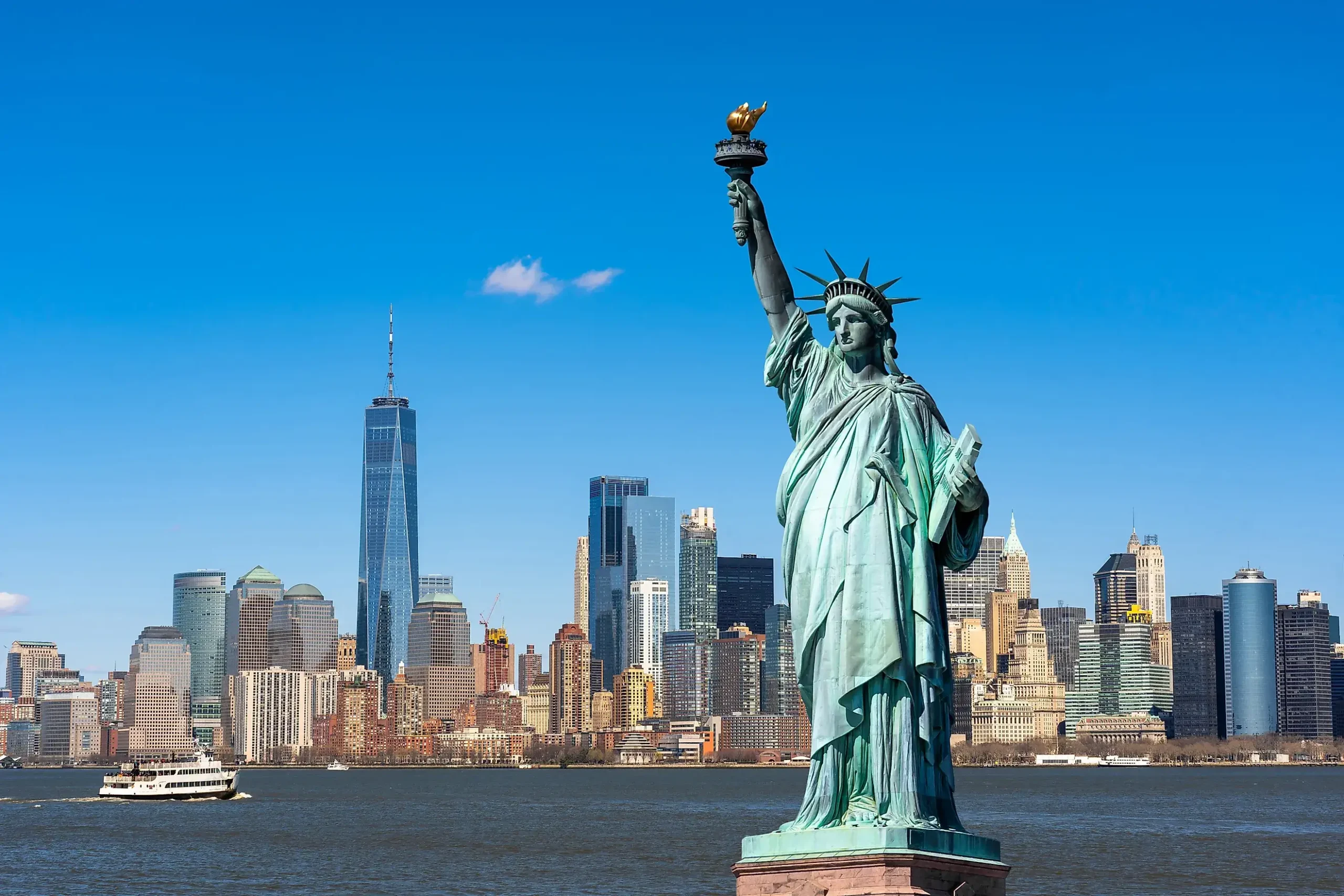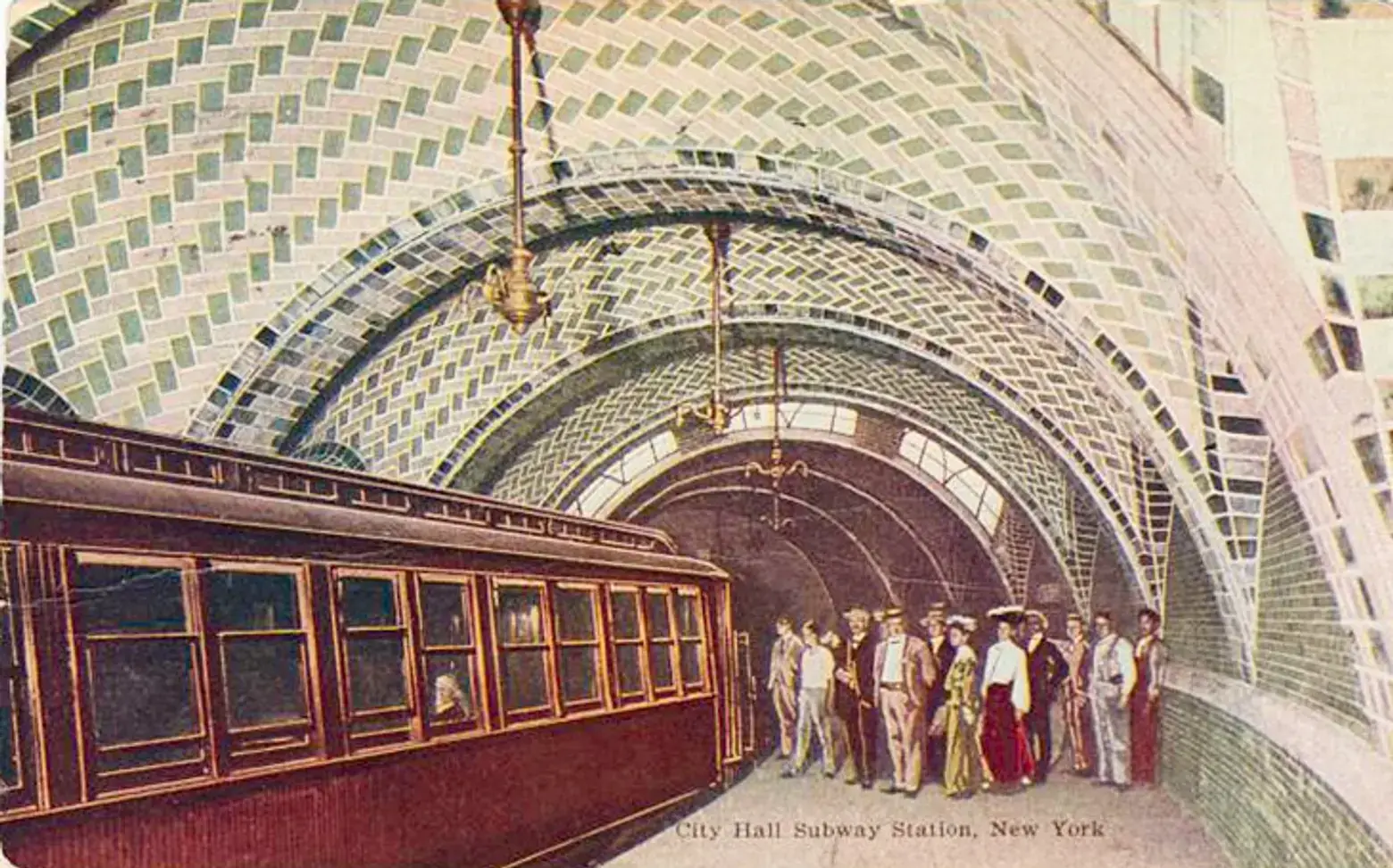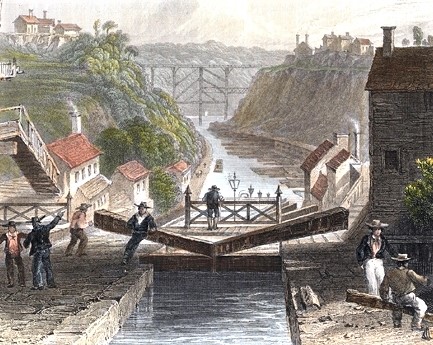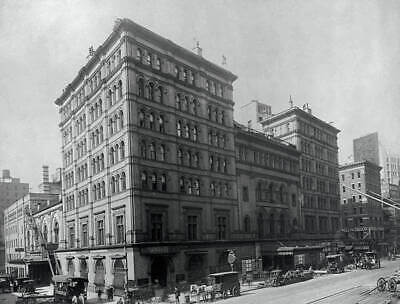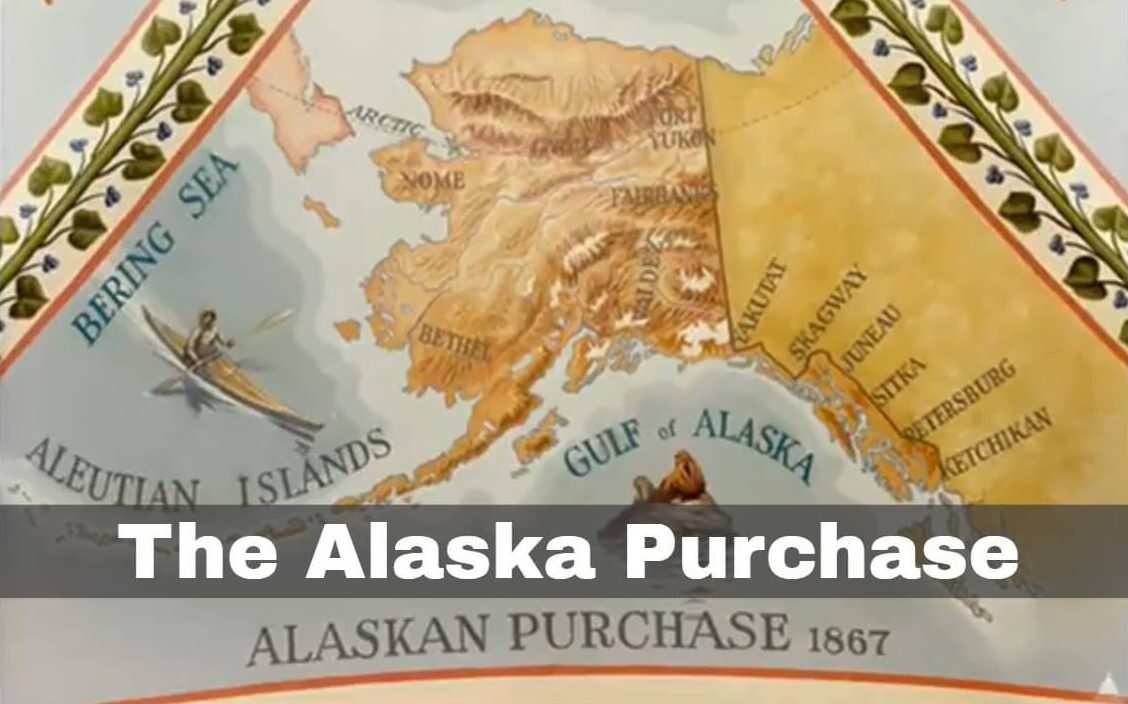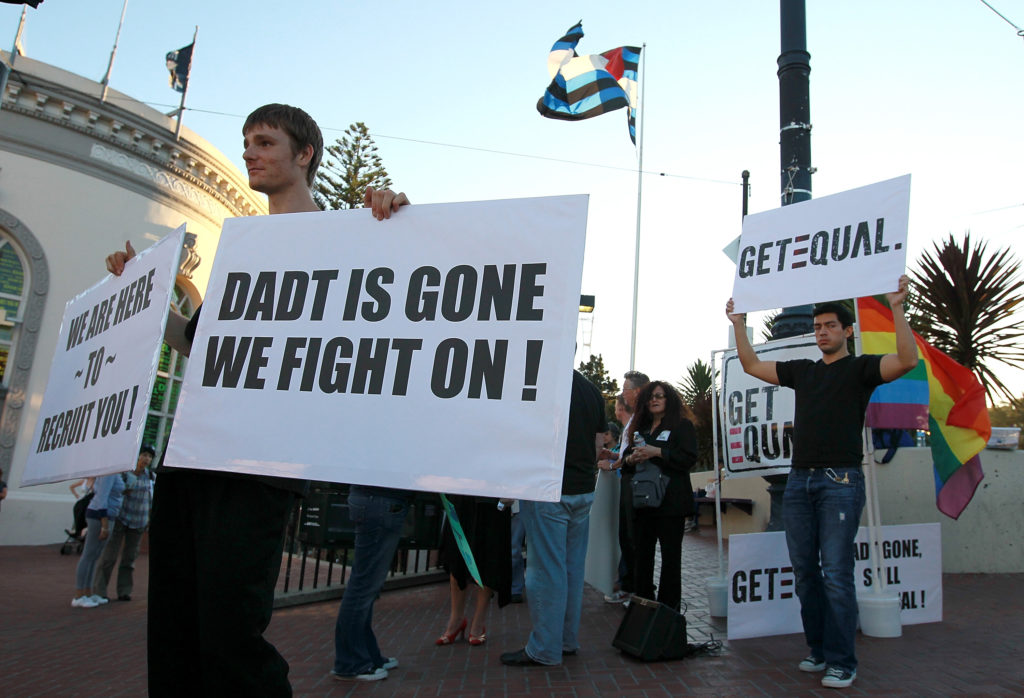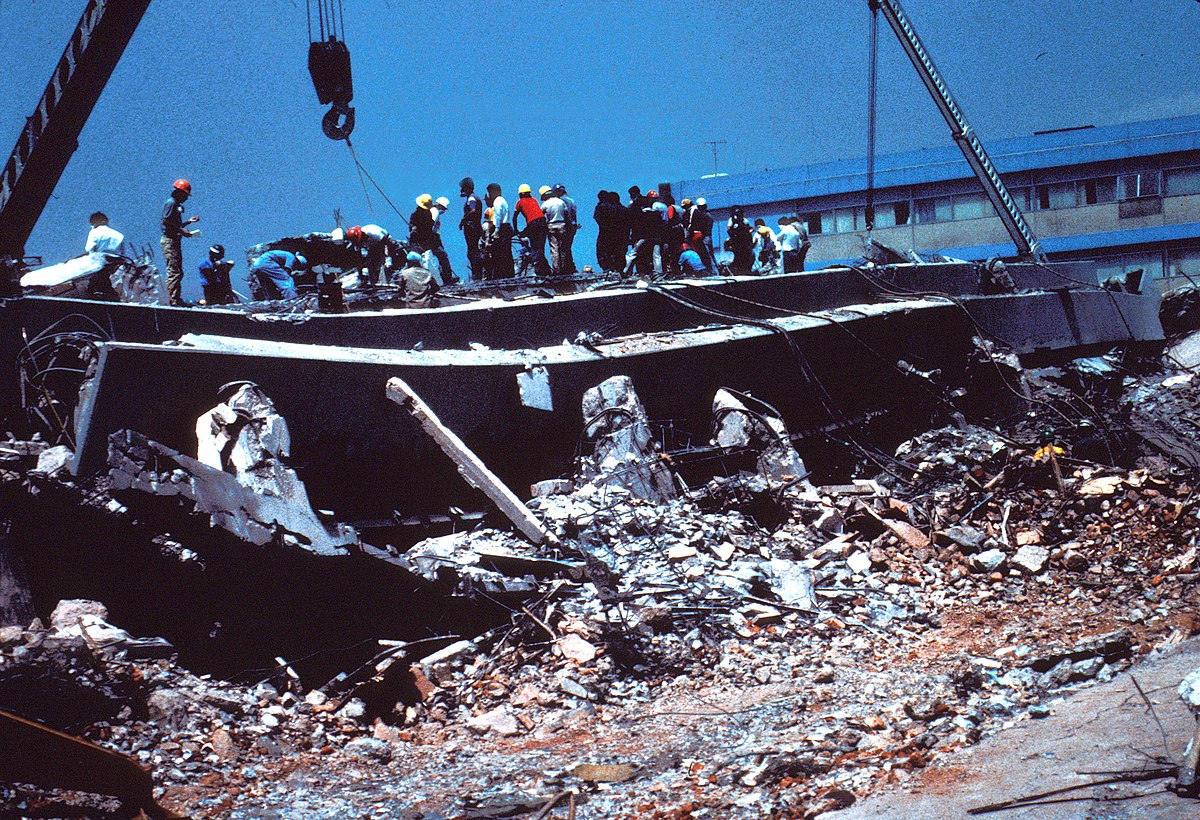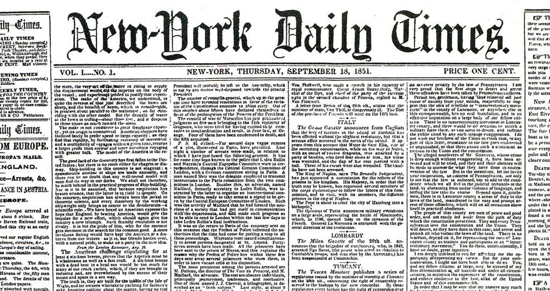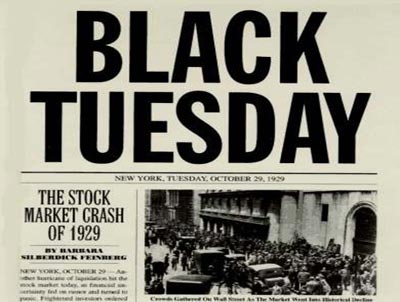
Black Tuesday 1929: The Start of the Stock Market Crash and Great Depression
On October 29, 1929, a day that would become infamously known as Black Tuesday, the U.S. stock market crashed, triggering the onset of the Great Depression. This catastrophic day saw unprecedented selling on Wall Street as panic overtook the market. Investors lost billions of dollars, and the American economy faced a massive downturn that would last for an entire decade.

